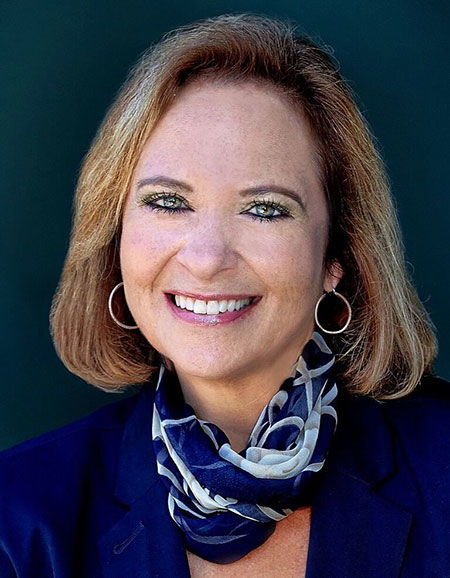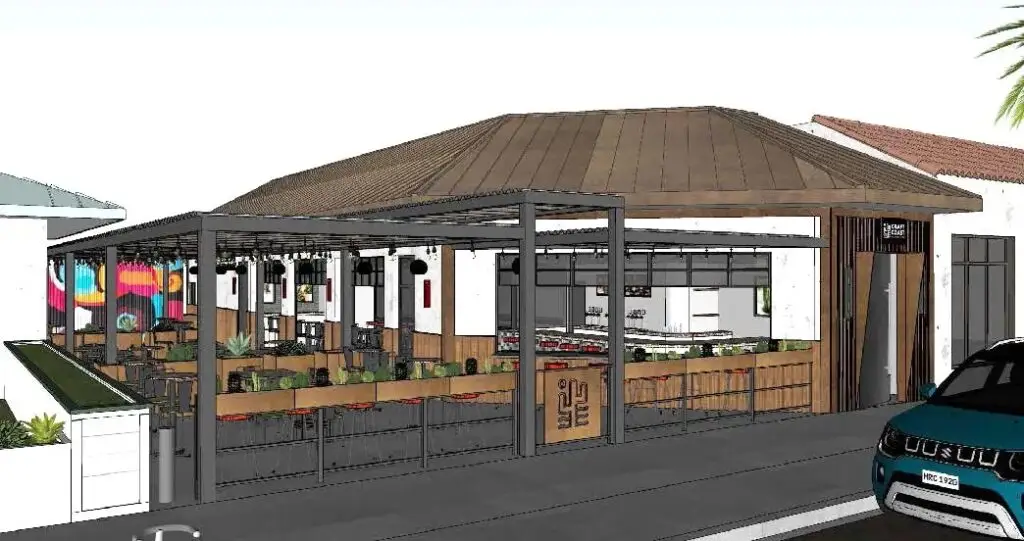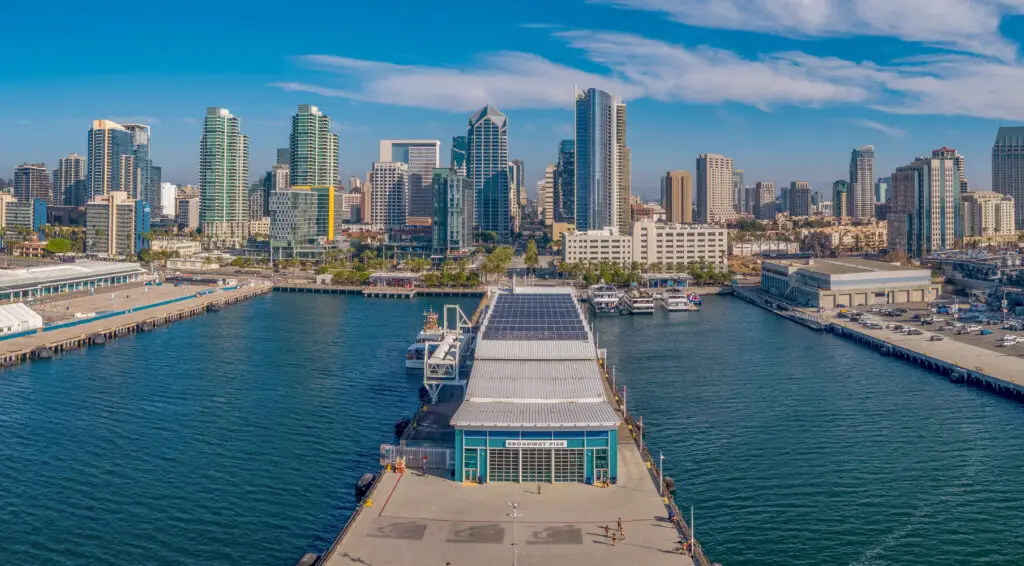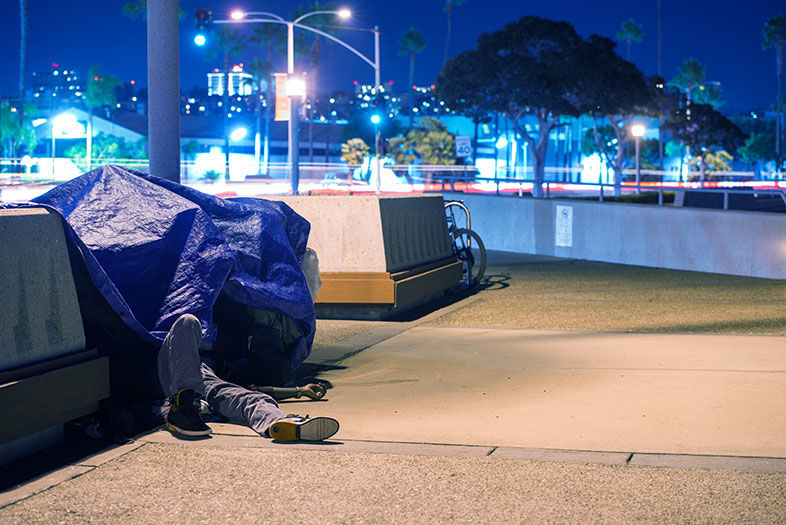
Helping the Homeless in San Diego
Stacie Spector
Stacie Spector has handled communications for the Salk Institute and the White House. Her public relations acumen is now being tested by one of San Diego’s greatest challenges: homelessness, estimated to affect almost 9,000 people region-wide. Mayor Kevin Faulconer recently appointed Spector as his senior advisor for housing solutions. She spoke with San Diego Magazine about how she’s approaching a task she likens to chipping away at an iceberg:
This is a fairly new role for you, and a new post within the city. Where do you begin?
To get started in this kind of role, the most important thing is relationship-building with all the stakeholders — so that means all the service providers, the elected officials, the regional continuum of care, the county. I’m taking the time to really assimilate and get into the different aspects of what’s happening.
The strengths that I bring to the table are very complementary. I’m not a homeless advocate, I’m not a homelessness expert, (but I have) problem-solving skills, public relations abilities and a desire to make things better and to do it with a very strong business plan. I think it’s exactly what San Diego needs.
You consider yourself a consensus builder, rather than a ‘homeless czar’?
I feel like it’s definitely very much a coordinated, collaborative effort. No one entity, no one person, no one advocate is going to solve these issues. At the same time, there are going to be watershed moments where ideas are going to be brought to the table that can be developed by different folks. Everybody just has to be open to brainstorming and hashing it out and seeing what makes sense. For San Diego, it’s not like this system is broken, we just don’t have a system.
The Mayor has been very clear that we should not just look externally, but internally to make sure our house is in order. We’re invested in helping get more people off the streets.
How can you quantify whether you’ve been successful?
I’m looking at this with two tracks: what can we be doing short-term to help those that are living on the street, but also keep our economic engine strong within our region? If the engine shuts down, we won’t have the funding that we need to supports social services.
This is a huge iceberg. We’re not going to melt the iceberg overnight. We have to look at what’s doable so we can chip away at the iceberg little chunks at a time, while putting together a longer-term structure. There are going to be people who disagree and people who agree to disagree; I just want everybody at the table.
Have you identified any programs that are chipping away at the iceberg?
Definitely. The San Diego Housing Commission’s “Housing our Heroes” landlord outreach program has helped 474 veterans find housing.
Mayor Faulconer has said homelessness is San Diego’s top social services priority. What does that mean for your work?
I have never felt like I could not bring an idea to the table because of the magnitude, the creativeness or the price tag. At the same time, the city has limited funds and may have to make cuts in the next fiscal year. But there are many ways to fund things, whether it’s public/private partnerships or working with the people in the community who care about this. You have to be as creative and nimble as possible.
We have a wealth of talent, compassion, energy, creativity and smarts in this region. We have to put a business plan around that and have a very clear process that we can articulate, visualize and share. No city has a silver bullet, no city has solved this problem. We’re never going to end homelessness. My dream is to have as few people on the street without a home as possible and to have those people in permanent housing with the support services that they need to enhance and better their quality of life.
Contrary to some of the federal discussion, you can’t just warehouse people. You can’t just put people in a room. People need the support systems.

PARTNER CONTENT
Helping the Homeless in San Diego


















